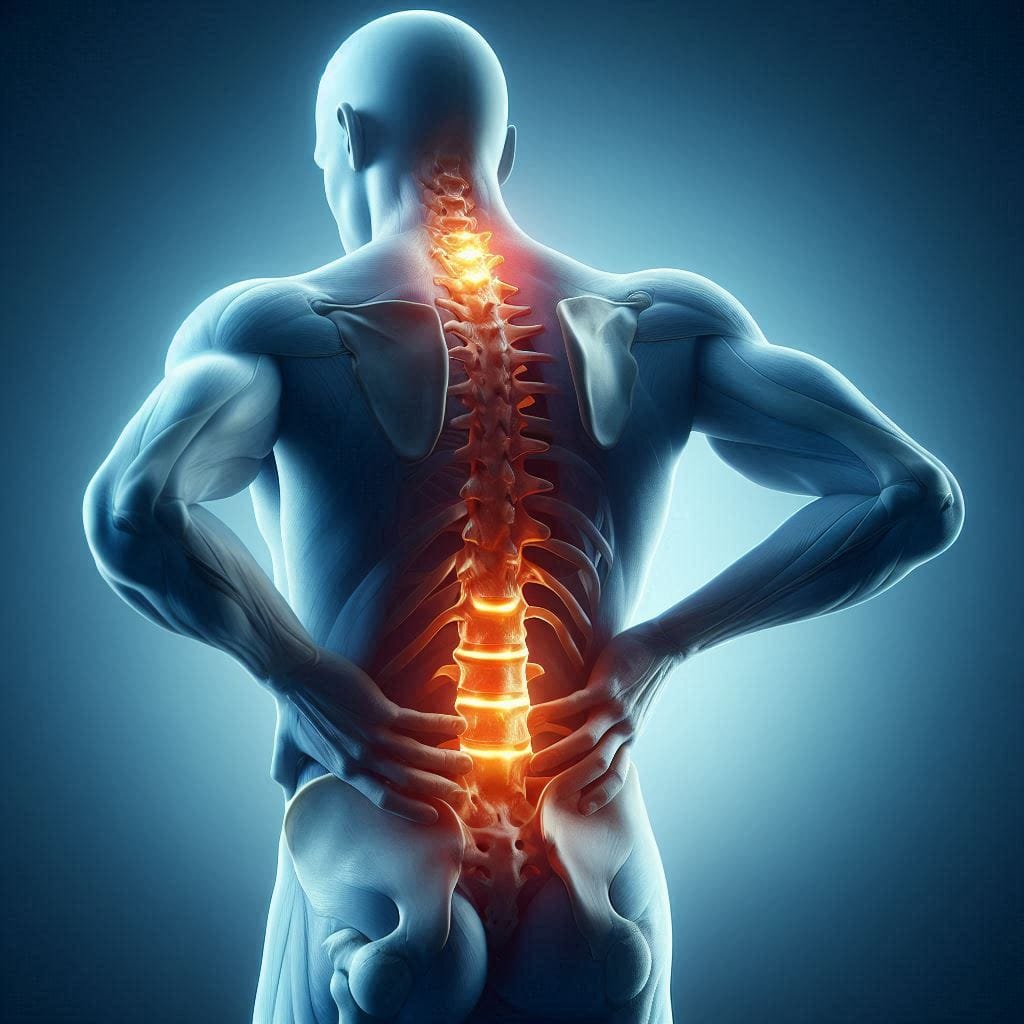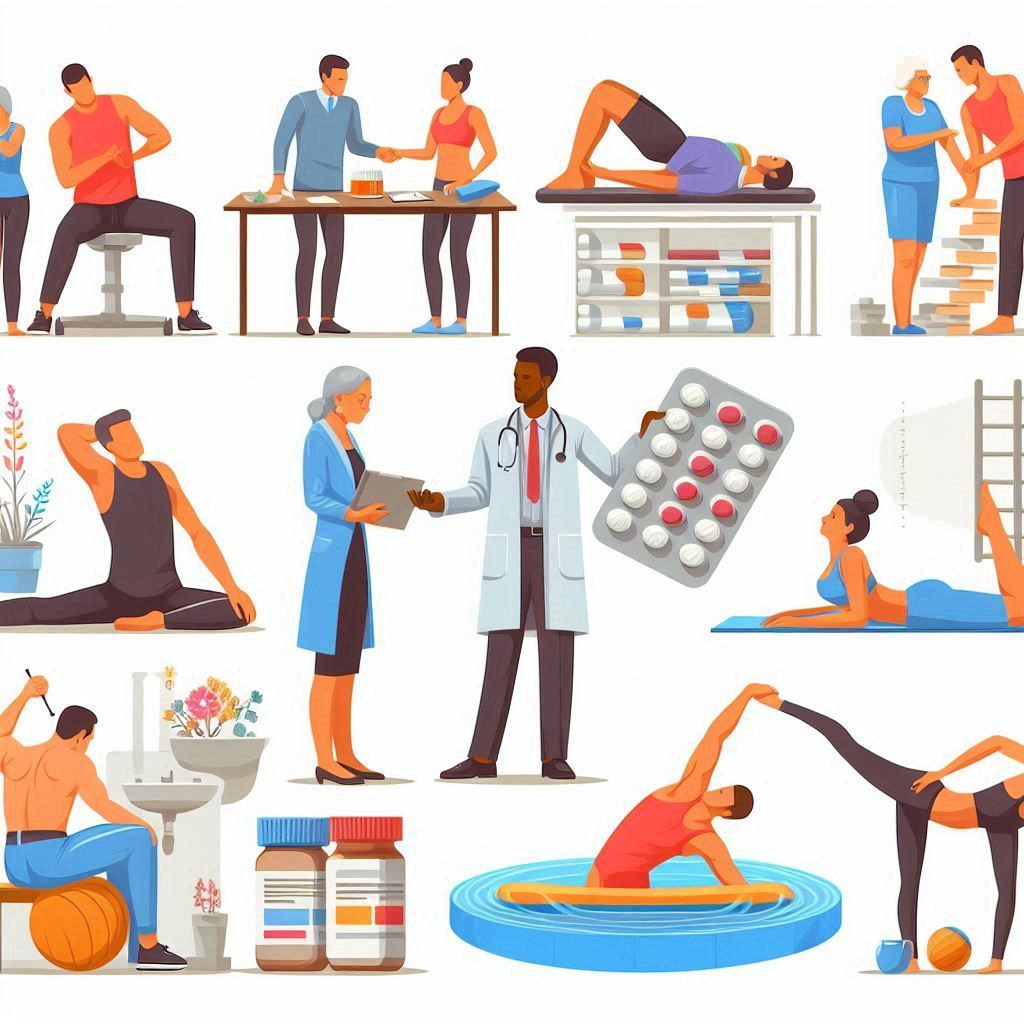The most important symptoms of lumbar disc (8 cases) or disc herniation can be diverse and vary depending on the location and severity of the pressure of the disc on the adjacent nerves. Some common symptoms include:
1. Back pain
Back pain can be a sign of pressure on the intervertebral discs and surrounding tissues. This pain may appear suddenly or increase gradually. It is usually a dull, persistent pain that worsens with certain movements, such as bending or twisting the back.
2. Pain in the legs
This type of pain, which is also known as sciatica pain, is caused by the pressure of the disc on the sciatic nerve. This pain starts from the back and spreads to the back of the thigh, leg and even to the toes. The patient may experience sharp, burning pain that worsens with prolonged sitting or standing.
3. Numbness or weakness
When the disc presses on nearby nerves, the areas associated with that nerve may experience numbness, tingling, or even muscle weakness. This condition can occur in one leg or arm and is usually accompanied by reduced movement and control ability.
4. Acute and sharp pain
Patients often complain of acute and sharp pains that appear suddenly. This pain may worsen with certain movement and usually indicates direct pressure on peripheral nerves.
5. Reduction of flexibility and limitation of movement. Patients with lumbar disc are usually not able to bend or perform lumbar twisting movements. This decrease in flexibility is caused by pain and inflammation in the affected area, which makes it difficult for the person to move easily.
6. Pain when sitting or standing up
Certain positions such as prolonged sitting, bending, or lifting can increase the pressure on the disc and aggravate the pain. These positions usually put more pressure on the disc and cause more nerve irritation.
7. Muscle weakness
Muscle weakness caused by pressure on the nerves that control the muscles can be seen in the legs or hands. This condition may reduce the ability to move and perform daily activities and requires immediate medical attention.
8. Pain when coughing or sneezing
The pressure inside the discs increases when you cough, sneeze, or even laugh, which can aggravate back pain. This condition occurs due to increased internal pressure on the intervertebral discs and stimulation of nearby nerves.
Some simple and home remedies to reduce the pain caused by lumbar disc:
1. Short-term rest
2. Use of ice and heat
3. Muscle relaxants
4. Massage
5. Acupuncture
6. Using special painkillers to reduce inflammation
For more information about disc herniation treatment methods, you can click here.
If you have any of the following symptoms, see a neurologist as soon as possible.

Dr. Seyed Hadi Aghili
Lumbar disc and its symptoms

